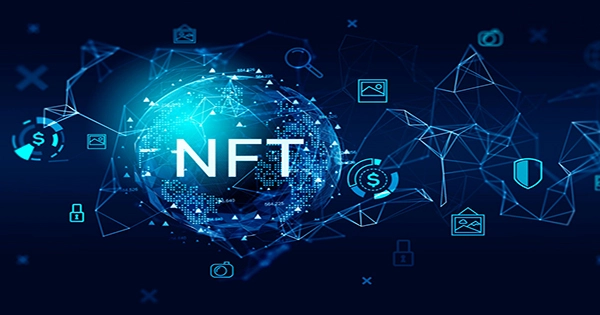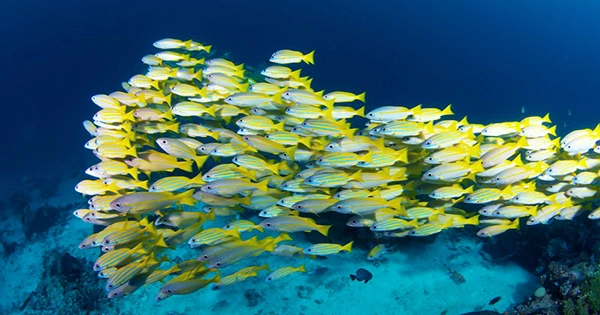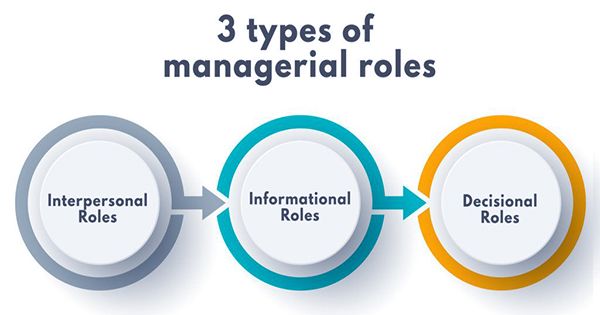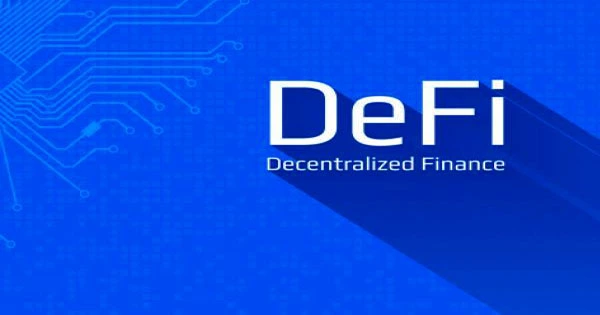After learning that people were selling tokens of plagiarized or stolen content, a prominent non-fungible token (NFT) platform has suspended most transactions. The network, known as Cent, sprang to notoriety after an NFT of Twitter founder Jack Dorsey’s first-ever tweet was sold there for $2.9 million. The company claimed in a statement on February 6 that it has been aware of “bad actors” utilizing Cent to “trick others into purchasing counterfeit content.”
“We responded by banning the offending accounts, but we believe that this is not a long-term solution.” “As a result, we’re withdrawing the ability to sell NFTs here as of today,” they stated. For the uninitiated, NFTs are crypto assets that use the blockchain to record the “ownership” of a digital file (basically a decentralized, public ledger). A music, a tweet, an image, a novel, a virtual BigMac, or a computer painting of Melania Trump’s eyes are all examples of digital files.
At the moment, digital art pieces like Bored Ape Yacht Club and Cryptopunks are generating a lot of buzz. When you buy an NFT – which can be worth thousands of dollars in cryptocurrency – you’re effectively purchasing a digital receipt of ownership of the digital thing, rather than physical or intellectual possession. By right-clicking and saving an image, for example, you can copy a digital asset as many times as you wish.
NFTs, on the other hand, are intended to offer people ownership of work that can’t be duplicated. Many individuals, understandably, are dubious of this concept. The technique of “minting,” which allows anyone to generate an NFT, is relatively simple. You can mint a doodle you made in Microsoft Paint or make an NFT of a viral tweet you sent.
However, it looks that NFT minting tools are being used on stuff that does not belong to them. Someone might theoretically mint a JPEG of the Mona Lisa obtained on Google Images, but the vendor would have no legal rights to the painting. This isn’t only a problem that affects Cent. In the developing realm of NFTs, reports of scams, swindles, and counterfeits have grown widespread.
Last month, the popular NFT marketplace OpenSea sent out a tweet announcing that their free minting tool would be limited to 50 items due to exploitation by bad actors. They went on to say that “almost 80% of the items created with this program were plagiarized works, false collections, and spam.”
















